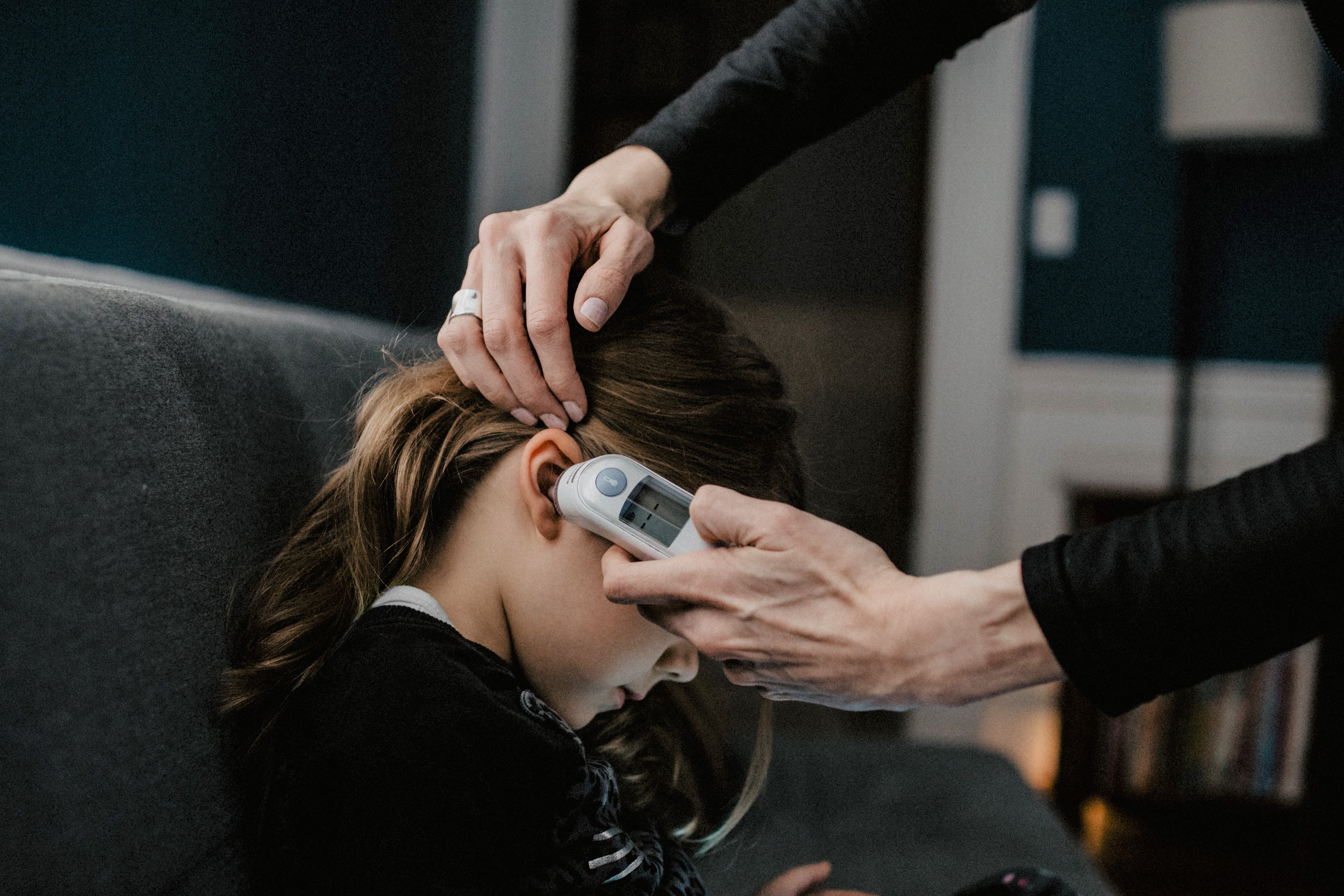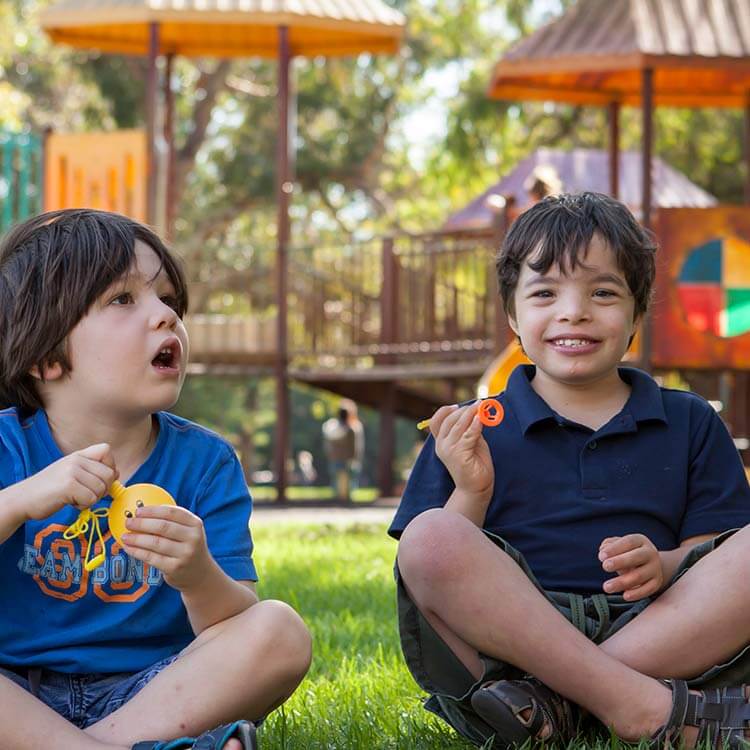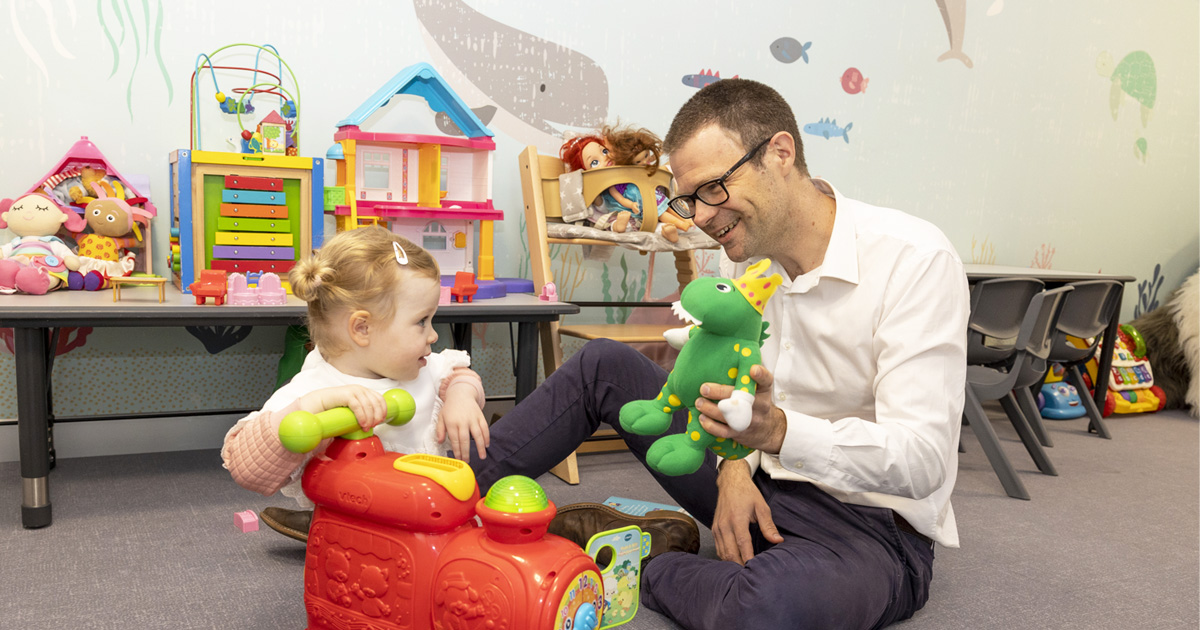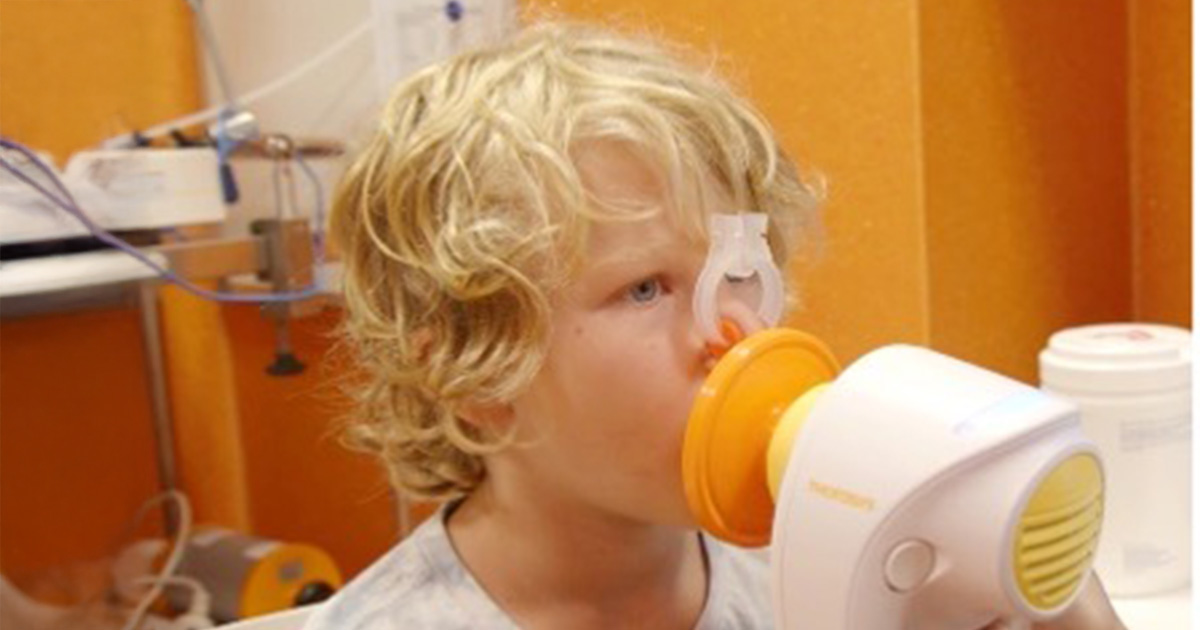Search

News & Events
Australian parents oblivious to true danger of the fluNew research investigating the devastating impact of the 2017 flu season by PAEDS-FluCAN, a national collaboration observing influenza in children, confirmed it was time to take action after thousands of children were hospitalised with the virus last year.

News & Events
Latest research identifies true danger of antimicrobial resistance in Australian kidsOne out of every 10 children with a bloodstream infection are infected with a multi-drug resistant organism in the nation’s first-ever surveillance study investigating the prevalence of paediatric antimicrobial resistance (AMR).


News & Events
Institute celebrates eradication of rubella in AustraliaThe eradication of rubella in Australia is evidence of the vital role vaccinations play in protecting our health, researchers at The Kids Research Institute Australia say.

Improving the lives of children with a disability and their families sits at the core of our team.
Research
Epidemiology and mortality of staphylococcus aureus Bacteremia in Australian and New Zealand childrenDescribe the epidemiology of Staphylococcus aureus bacteremia in children and adolescents younger than 18 years from Australia and New Zealand
Research
Facilitating knowledge transfer during Australia’s COVID-19 vaccine rollout: an examination of ‘Functional Dialogues’ as an approach to bridge the evidence–policy gapOur interdisciplinary team initiated a project to inform the COVID-19 vaccination programme. We developed a novel research co-creation approach to share emerging findings with government.

News & Events
The Kids welcomes Federal Government’s commitment to early supportThe Kids Research Institute Australia welcomes today’s Federal Government announcement of a new pilot program to support babies showing early social communication differences in Western Australia.

News & Events
Renowned Autism Researcher named Western Australian of the YearAutism researcher Professor Andrew Whitehouse has been named this year’s Western Australian of the Year in the HBF Professions category.

News & Events
WA Cystic Fibrosis Research Collaborative Program GrantsNew hope is on the horizon for people living with cystic fibrosis.
